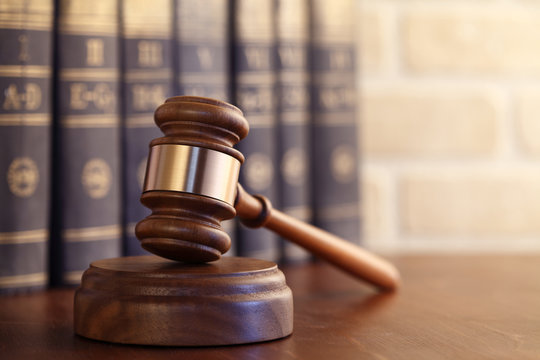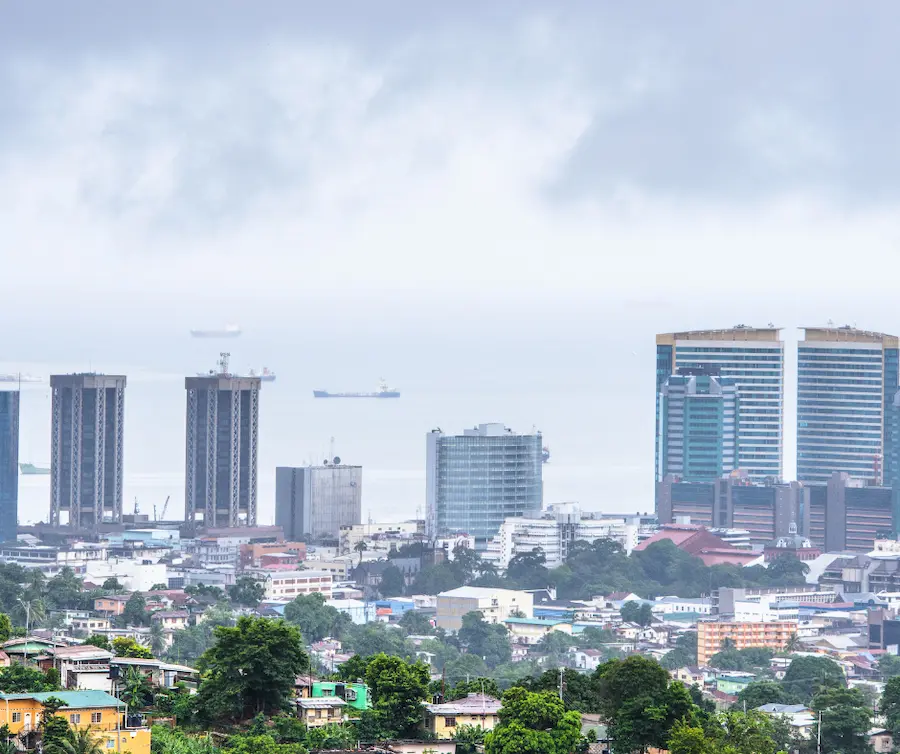

FIVE years after being sentenced to hang for the 2005 murder of businessman Dr Eddie Koury, five men have appealed their convictions.
Shawn James, Caleb Donaldson, Jerome Murray, Terry Moore, and Robert Franklyn were found guilty in December 2019 after a month-long trial. On April 3, their attorneys began submissions before the Court of Appeal.
Justices of Appeal Mark Mohammed, Maria Wilson and Ronnie Boodoosingh have set aside two extra days for the appeal. So far, they have heard submissions from Donaldson’s team of Rajiv Persad, SC, Karunaa Bisramsingh and Shane Patience; Franklyn’s attorneys Wayne Sturge and Danielle Rampersad and James’ attorney Daniel Khan.
The men’s attorneys have urged the judges to overturn their convictions, arguing that the trial judge failed to properly instruct the jury on critical legal and evidential matters, depriving them of a fair trial.
Persad raised an issue with the conflicting medical evidence presented by forensic pathologist Dr Hughvon Des Vignes and histopathologist Dr Shaheeba Barrow. Barrow asserted that Koury died from stab wounds, while Des Vignes claimed decapitation was the cause of death. Persad argued that the trial judge failed to adequately guide the jury on how this impacted the legal principles of joint enterprise and felony murder.
>
“Dr Des Vignes' evidence raised questions of cause and timing of the death. A plan to kidnap and rob is different from a plan to kill.
“It was a core issue, and the failure to assist the jury deprived Donaldson. They (the jury) had to choose and decide the cause of death.
“The judge needed to go further and give assistance to the jury on the evidence of the doctors as it impacted the joint enterprise and murder felony.”
Persad contended that the prosecution built its case around a plan to kidnap and rob, rather than an explicit intent to kill. He said that while physical evidence, such as blood-stained Timberland shoes and a fingerprint on a vehicle bumper, linked Donaldson to the crime scene, these pointed only to a kidnapping and robbery, not to murder.
“There was no shared intent to kill. The prosecution had no concrete evidence of a murder plan,” Persad argued.
He also submitted that the judge was guilty of a material non-direction by failing to properly direct the jury on how they should view Donaldson’s statement to police and failing to caution them that a lie by an accused does not, by itself, prove guilt.
While accepting that the trial judge gave the standard direction on the right to silence, he said the jury was not sufficiently reminded that Donaldson’s decision to remain silent should not be used against him.
The judge’s 13-day summation, following 12 days of closing addresses, was also criticised for being excessively long and lacking clear structure, making it difficult for the jury to follow the evidence.
Bisramsingh argued that the judge did not properly explain the legal implications of Donaldson’s presence at a house where he was arrested and where traces of Koury’s blood were found on his shoes, while Patience highlighted the judge’s failure to thoroughly explain the significance of DNA test results in the case.
>
Attorney Wayne Sturge, representing Franklyn, criticised the judge’s refusal to discharge a juror. He also argued that the prosecution’s case against Franklyn relied solely on James’ statement, without direct evidence linking him to the crime.
“There was no evidence of a shared intent to kill. At most, Franklyn could be seen as an accessory, but not as an active participant in the murder,” Sturge said.
Khan’s submissions centered around the admissibility of James’ statement and the failure by the judge to bring up two previous adverse court findings on the police officer who took the statement. He also said important aspects of evidence were left out during the 13-day summation, and the judge failed to direct the jury on the possibility that James gave the confession statement out of fear since his mother had also been arrested.
Koury, managing director of ISKO Enterprises Ltd, was abducted on September 21, 2005. Two days later, his headless body was found in central Trinidad; his head was never recovered.
Key trial evidence included DNA matches linking Koury’s blood to three defendants, a firearm found at a house where three were arrested, and a confession by James, who admitted to beheading Koury and disposing of the body.
Franklyn, a former police officer related to James and Murray, was also implicated through circumstantial evidence, including anonymous calls about a bleeding victim.
Assistant Director of Public Prosecutions Danielle Thompson and special prosecutor Wayne Rajbansie represent the state.
The appeal hearing continues on April 4.


